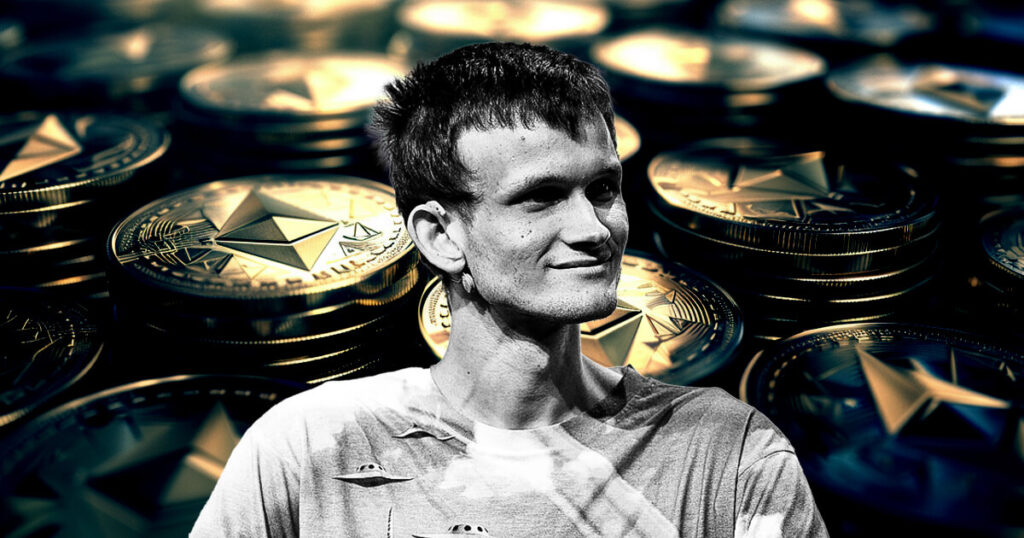Ethereum co-founder Vitalik Buterin has proposed lowering the minimum deposit requirements for stakers on the blockchain network.
In an Oct. 3 post on X, Buterin voiced his support for reducing the current 32 ETH threshold needed to stake on the network to support solo staking. He believes the current requirement is a barrier to entry for many rather than a necessity based on bandwidth.
Buterin suggested lowering the minimum deposit to 16 or 24 ETH, with a corresponding increase in bandwidth requirements. He stated:
“I think there’s a sane version of this where we recognize that 32 ETH is much more of a barrier than bandwidth requirement, and temporarily do a trade where we up the bandwidth requirement a bit and in exchange drop the staking deposit minimum to eg. 16 or 24 ETH.”
Buterin explained that reducing the minimum deposit would help expand Ethereum’s staking program and make it more accessible for solo stakers.
He also mentioned that, in the future, this requirement could drop further to 1 ETH, depending on advancements like OrbitSSF. Likewise, bandwidth demands would decrease significantly with the full deployment of PeerDAS, a feature designed to improve data availability sampling on the blockchain network.
The Ethereum co-founder’s comments highlight the importance of solo stakers to the blockchain network’s security and decentralization. Solo stakers operate full nodes on private computers without relying on third-party platforms or staking pools.
However, the high deposit requirement for staking has deterred broader participation, limiting the number of solo stakers. On-chain data shows that almost 48% of Ethereum staking is controlled by 11 staking providers, with Lido alone managing a significant 24% share.
This high concentration has sparked concerns within the community about the dangers of centralization, which prompted Ethereum educator Anthony Sassano to point out the importance of solo staking as “the very beating heart of Ethereum.”
He added:
“Without solo staking (and the ability to run full nodes at home!), we lose the only thing that is worth anything real in this entire ecosystem – true decentralization.”
Mentioned in this article
Read the full article here

